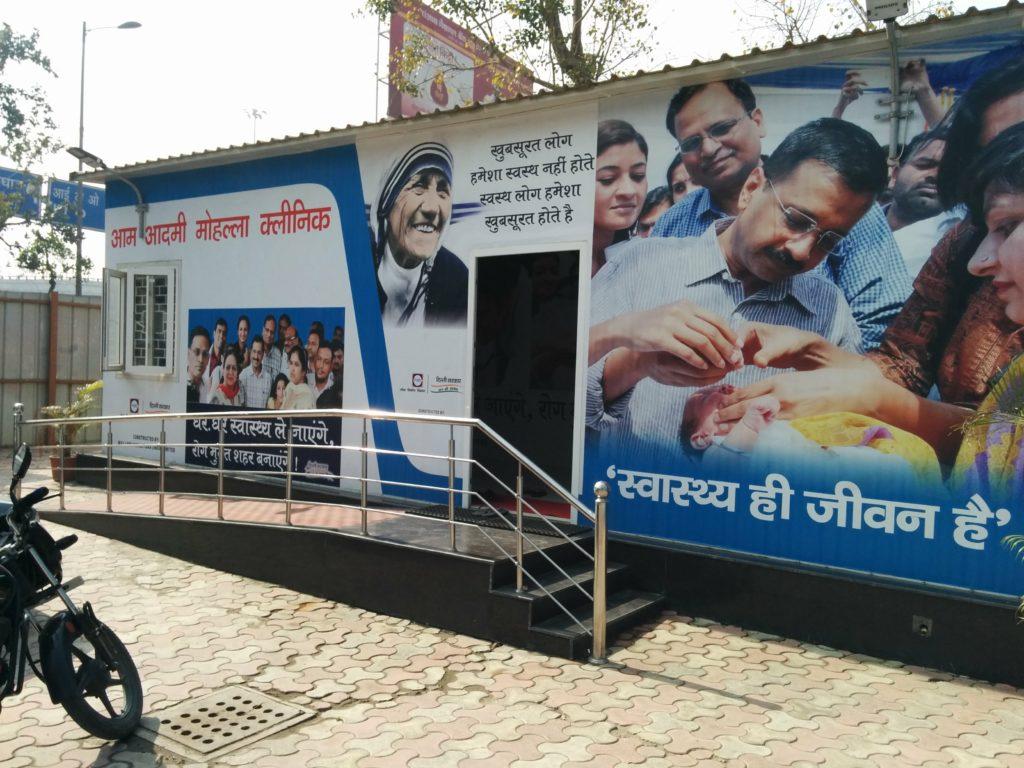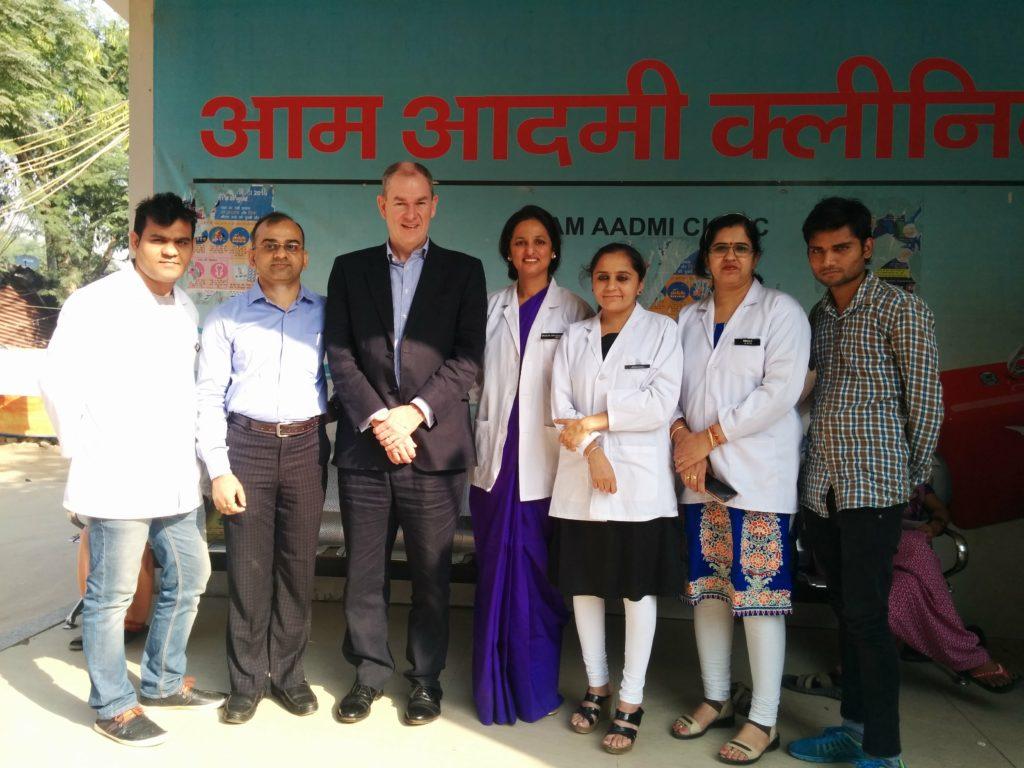
For decades access to healthcare wasn’t a major political issue in India and rarely featured in election campaigns. This was perhaps surprising in the world’s biggest democracy, given how healthcare coverage and financing has become so politicised in other major countries.
Since Independence in 1947 there have been frequent calls to implement universal health reforms in India to improve health outcomes and reduce health related impoverishment. This included the publication of a high-level report by an expert panel on UHC in 2010 which reported directly to the Prime Minister, but the Congress Government failed to implement any of its recommendations.
However, since the election of Prime Minister Narendra Modi in 2014, everything has changed and now health coverage has become a hot political issue across the country. For his part, the Prime Minister and his party, the BJP, are trumpeting the apparent success of their national health reforms called the Ayushman Bharat, which the PM claims has created the biggest health insurance scheme in the world. The insurance component of these reforms protects people, below the poverty line, from the costs of inpatient hospital care – much of it provided by India’s extensive network of private hospitals. However, this scheme isn’t universal (people just above the poverty line are excluded) and it doesn’t cover primary care or essential medicines, which represent the largest element of India’s large out-of-pocket health spending.
But as the BJP try to reap the political benefits of these reforms, as healthcare is a state level responsibility, some states run by opposition political parties are implementing different models to extend coverage and improve their popularity with the electorate. Whereas there is a fairly long history of states in the south of India adopting more extensive and progressive health reforms (for example in Kerala and Tamil Nadu) it has been the battles fought more recently in the nation’s capital, Delhi, that have been generating a lot of attention in recent years.
Specifically, in 2015 the Aam Aaadmi Party (AAP) headed by its then Chief Minister Arvind Kejriwal launched a programme of Mohalla Clinics providing universal free primary care services, including essential medicines and diagnostic services. These services have been made available on a universal basis but with the clinics being located in poorer areas of the city – utilisation has been skewed towards the poor and vulnerable. Furthermore uptake of these services has disproportionately benefitted women. These clinics immediately proved very popular and drew the attention of international stakeholders interested in PHC-led UHC reforms. For example in 2017 Dr Gro Harlem Brundltand and Ban ki Moon representing the Elders visited a Mohalla Clinic and commended the Delhi Government on their pro-poor health reforms.
The Mohalla Clinics programme soon became a major element of the AAP’s election campaign and after regaining power in Delhi in 2019, the party started championing the “Delhi Model” in other state elections. This included the Punjab elections in 2022 which the AAP won and immediately started to roll-out Mohalla Clinics in that state as well.
However these alternative approaches towards extending health coverage have not surprisingly led to significant political battles in recent years which has been well-documented in the Indian media but which has received little international attention. Many commentators believe these bitter disputes contributed to the jailing of the Chief Minister and the architect of the Mohalla Clinics (the then Delhi health minister, Satyendar Jain) in the run up to the Indian General Election last year. With the top AAP leadership imprisoned, the performance of the AAP’s health programme appears to have deteriorated. Just this week the Indian media is reporting a falling off in the uptake of Delhi’s Mohalla Clinics in 2024 due to shortages of essential medicines caused by disruptions to procurement processes. Still, the Mohalla Clinics reported 14 million attendances in 2024 -demonstrating their ongoing popularity for the urban poor in Delhi.
So the big question is: How will these political battles play out in the Delhi State elections that will be held on February 6th in India’s capital? Both the former chief minister and Satyendar Jain (who have been released on bail), are fighting seats in the state assemlbly and it is already clear that the Mohalla Clinics will feature prominently in their campaign. This week the Punjab Chief Minister has been promoting the success of the AAPs Mohalla Clinics in both Punjab and Delhi. Simultaneously their BJP and Congress opponents are taking every opportunity to criticise the programme and use the evidence of last year’s fall in demand to argue that the initiative is failing.
Whereas this might appear an internal political dispute in one Indian state, this battle over competing UHC models could have huge implications for UHC reforms in the world’s biggest country and other low-middle income countries in South Asia and around the globe. So global health actors may want to pay more attention to the political economy of health reforms in India, as this could have profound impact on global health coverage and health security.
